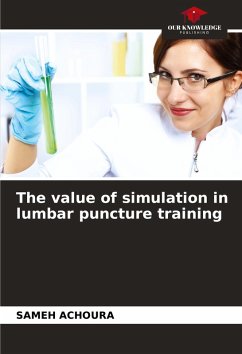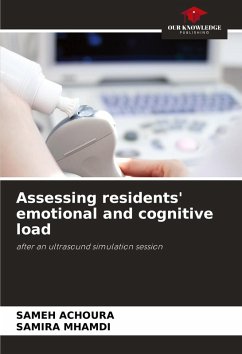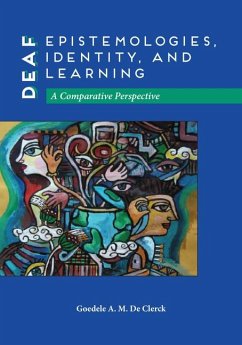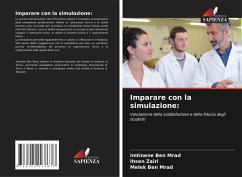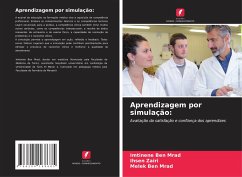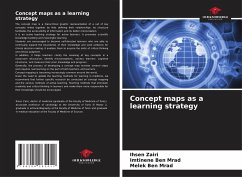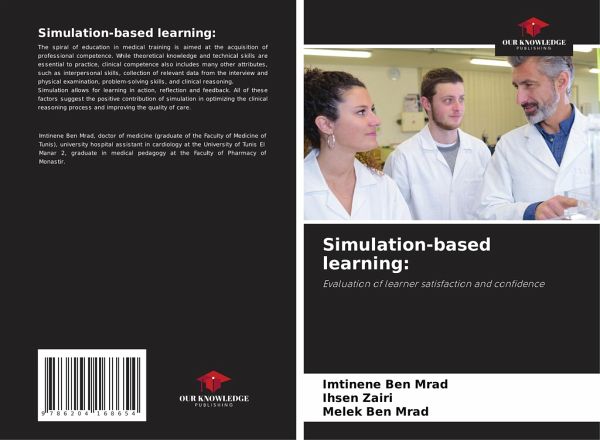
Simulation-based learning:
Evaluation of learner satisfaction and confidence
Versandkostenfrei!
Versandfertig in 6-10 Tagen
27,99 €
inkl. MwSt.

PAYBACK Punkte
14 °P sammeln!
The spiral of education in medical training is aimed at the acquisition of professional competence. While theoretical knowledge and technical skills are essential to practice, clinical competence also includes many other attributes, such as interpersonal skills, collection of relevant data from the interview and physical examination, problem-solving skills, and clinical reasoning.Simulation allows for learning in action, reflection and feedback. All of these factors suggest the positive contribution of simulation in optimizing the clinical reasoning process and improving the quality of care.



